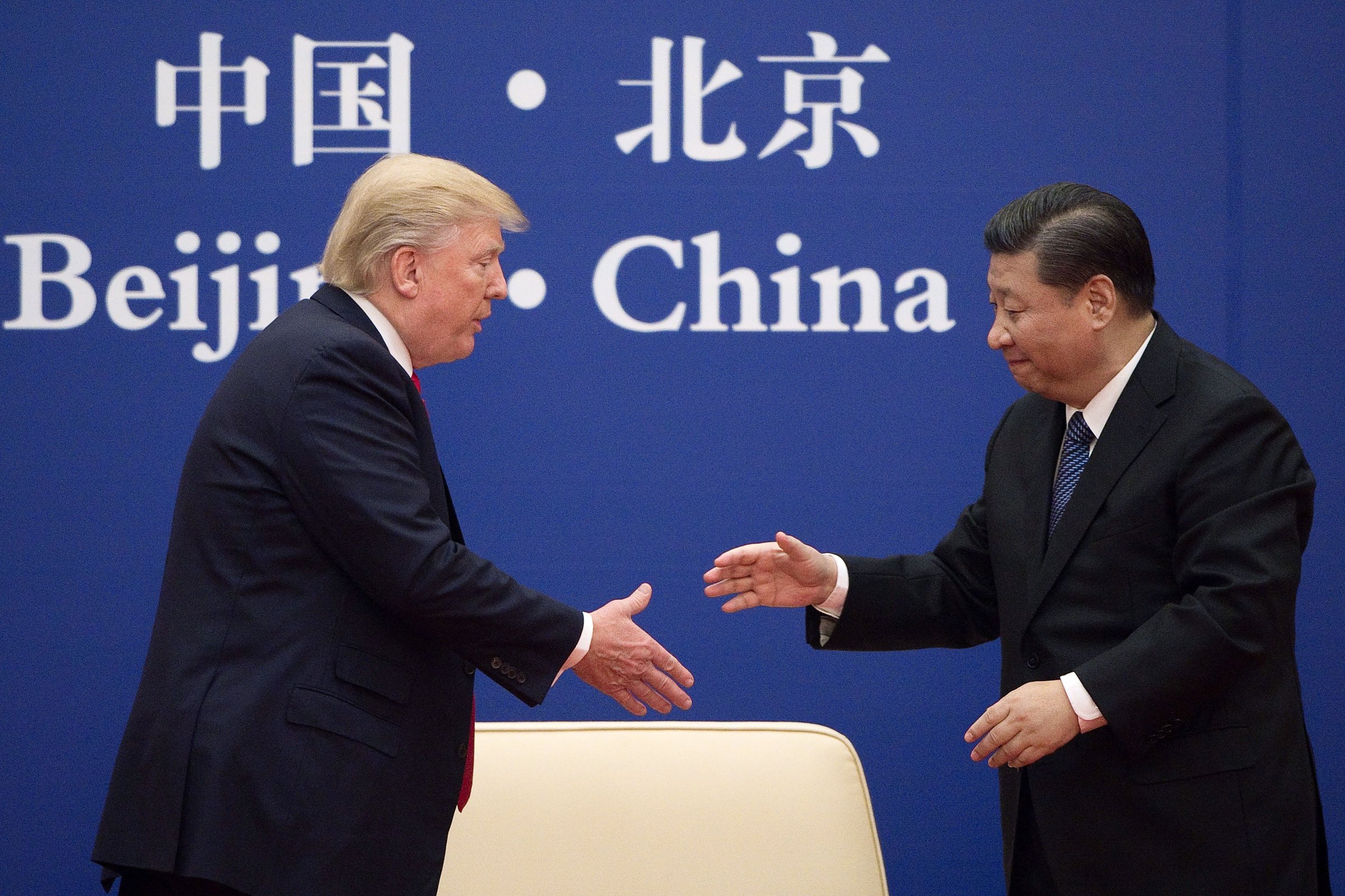
While the trade deficit that the United States has with China gets all the headlines, the understanding deficit that the U.S. has with China is more significant and fundamental, more difficult to balance, and may have a longer-term negative impact if we don’t make our best efforts to reduce it.
To better know China, Americans need only follow the direction and roadmap of China’s development. In his speech at the 19th National Congress of the Communist Party of China last October, President Xi Jinping coined a phrase about China’s future course — “new era” — and defined the nation’s goal for development as becoming a strong modern socialist country by 2050. In his more recent speech at the Boao Forum for Asia in April, President Xi explained how we will get there. He made it clear to all that the door to China will only open even wider. This reform and opening is a strategic choice made by China irrespective of any external pressure or influence. Our new era is about people-centered and domestic development, rather than some geopolitical plan. This fact is widely misunderstood in the U.S., which often views China as competitive, even confrontational.
Some people in the U.S. argue that the United States’ policy of engagement with China has failed, given that it has not changed China. This makes no sense. Does engaging China necessarily mean changing China? Why is it that only by changing China could the U.S. claim success?
The U.S. policy of engagement and cooperation with China was designed to serve its own interest rather than doing charity work. As President Richard Nixon had said in a report to Congress “we shall deal with the People’s Republic of China… Confident that a peaceful and prospering China is in our own national interest.” The China-U.S. relationship has served this interest quite well. The importance of developing a sound and stable relationship has so far been recognized by all American Presidential administrations.
In addition to all the bilateral benefits we have gained from this relationship, we have also seen its positive impact in the broader region of the Asia-Pacific and across the world. For instance, thanks largely to the good relations between our two countries, the Asia-Pacific is on the whole peaceful and stable. Even problems like the Korean nuclear issue are under control. Plus, our two countries have also helped to make the Asia-Pacific one of the main engines of global economic growth.
Naturally, there are differences between China and the U.S. But we must distinguish between kinds of differences. On matters concerning sovereignty, territorial integrity and national reunification, there is no room for compromise, and there is a red line. On economic and trade issues, solutions should be worked out through dialogue and consultation, with mutual respect and a balanced approach to addressing the concerns of each side, in order to achieve mutually beneficial outcomes.
The economic and trade disputes between China and the U.S. is a manifestation of the understanding deficit. China does not seek a trade surplus. The trade deficit that the U.S. runs with China is a result of many factors. For instance, in making a $499 iPhone, Chinese companies collectively can only make a profit of $6.50. However, in trade statistics, all $600 are counted as China’s export to the U.S. Also, the U.S. government is restricting the exportation to China of certain high-tech products. If these bans were not in place, revenue would then come back to the U.S. from sales made to China, and the deficit would be more balanced.
We believe that the trade imbalance indeed needs to be addressed, but we should not make false attributions or wrong prescriptions. The protectionist and economically nationalist approach leads to no solution. A trade war is absolutely a wrong choice, which will only destroy trade itself. We hope the China-U.S. discussion on trade issues scheduled for early this month will be productive and fruitful.
This editorial is in part adapted from the Ambassador’s remarks at the Fairbank Center for Chinese Studies on April 17.
More Must-Reads from TIME
- How Donald Trump Won
- The Best Inventions of 2024
- Why Sleep Is the Key to Living Longer
- Robert Zemeckis Just Wants to Move You
- How to Break 8 Toxic Communication Habits
- Nicola Coughlan Bet on Herself—And Won
- Why Vinegar Is So Good for You
- Meet TIME's Newest Class of Next Generation Leaders
Contact us at letters@time.com